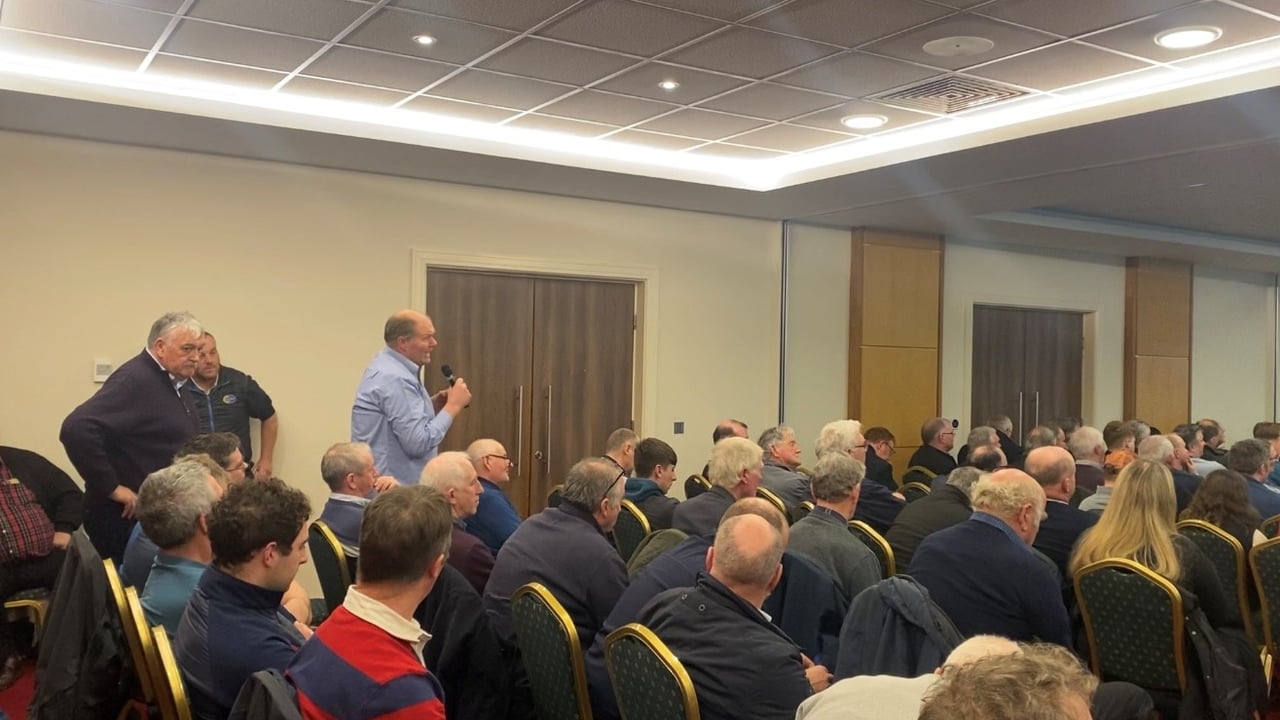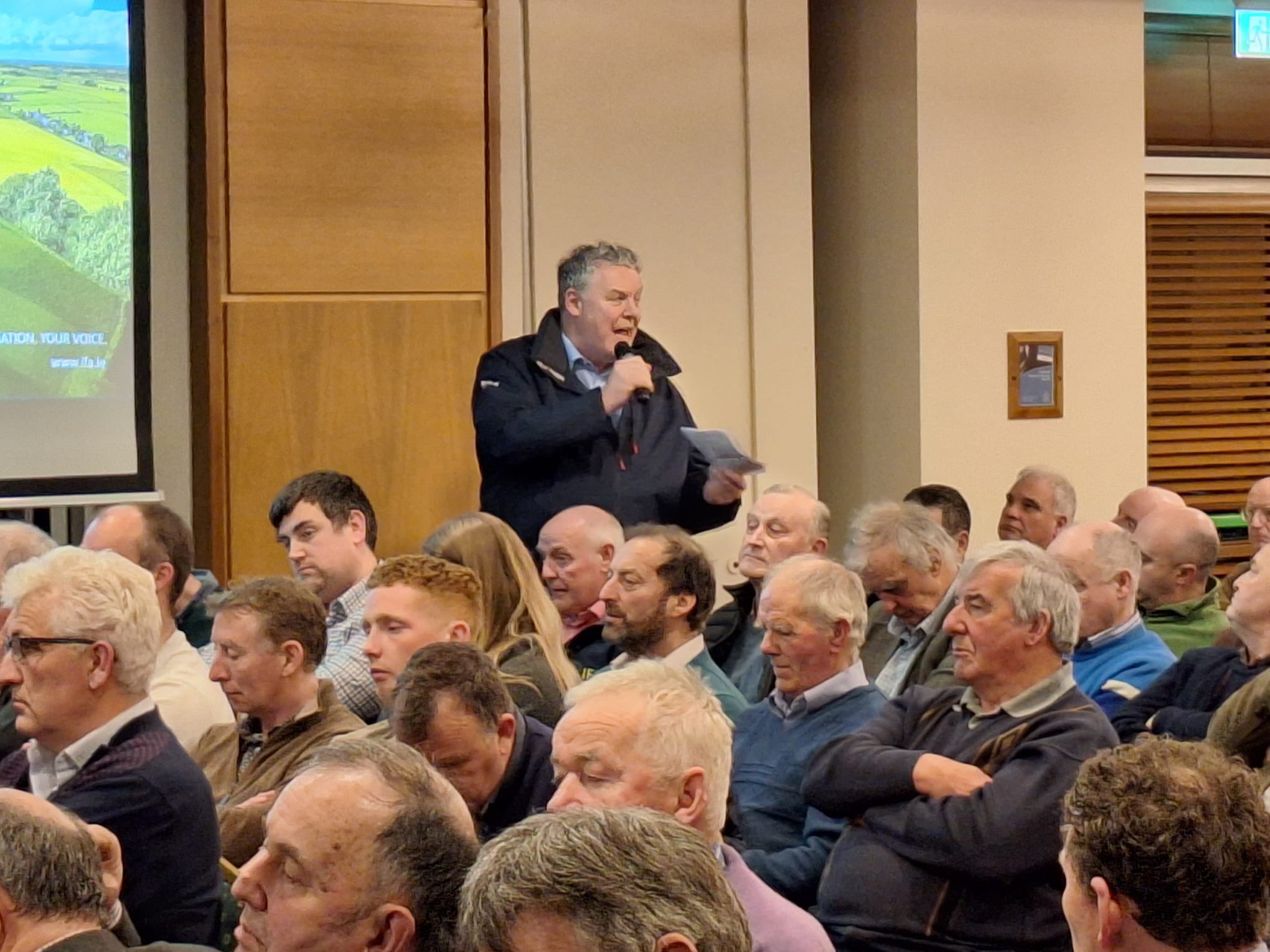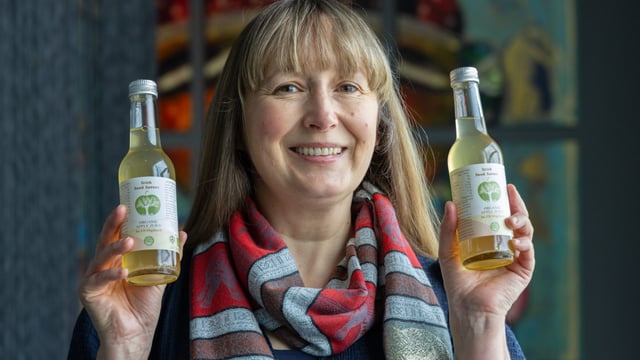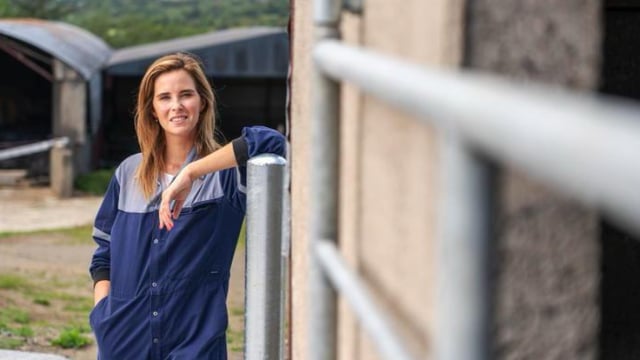Watch: Farmers 'fearful' of GAEC 2 and rewetting 'by stealth'
A senior inspector with the Department of Agriculture, Food and the Marine (DAFM) has told farmers that Good Agricultural and Environmental Conditions (GAEC) 2 measures are "mandatory" but that they should not affect most farmers.
Michael Moloney was speaking at a meeting organised by the Irish Farmers' Association (IFA) in Athlone, Co. Westmeath last night (Thursday, March 6) to discuss policy threats to farming on peat soils.
Moloney said that GAEC would not necessitate any additional actions for farmers and that they can continue farming "as normal".
He said the general principle of the measures is the protection of wetlands and peatlands and that indicative soil maps are already available to view on the Agfood online system.
GAEC 2 (protecting peatlands and wetlands) will be applicable in 2025. GAEC 2 is a baseline minimum requirement to protect carbon rich soils.
In Ireland, the grass-based system already provides considerable protection for such soils and they are also protected by existing national planning provisions, for example on drainage.
Moloney admitted that one quarter of all farmers (approximately 35,000) will be affected by GAEC 2 but that the measures are something that farmers are already doing.
These include:
- Do not plough deeper than 12" (which he said is not an issue in Ireland);
- Drain maintenance will be allowed;
- Existing arable use will be unaffected;
- Grassland can be ploughed for reseeding 1 year out of 4;
- New drainage/extension of drainage/reclamation is subject to existing permissions (current status quo).
Moloney explained: "If you have the land drained already, you can continue to maintain those drains.
"Some people have asked 'is that just the drain or let's say for example if there is old stone and drains going back decades or centuries?' and you're finding that they don't work anymore, we would consider maintenance if those are replaced with modern corrugated perforated pipe and stone.
"From an arable perspective, totally unaffected, so if you're farming arable crops you can plough every year," he added.
The senior inspector said that DAFM has a 1% inspection regime, meaning around 1,100 farmers are selected for inspections each year and that GAEC 2 inspections will be included in this cohort.
IFA director of policy, Tadhg Buckley told the meeting that the farm organisation had urged the agriculture minister to go back to the European Commission to seek another derogation on GAEC 2.
He said they argued that it should be removed from the Common Agricultural Policy (CAP) under the new agenda and commitment by the EU for CAP simplification.
"The real concern we have is the disproportionate impact it has on Ireland because we have a lot of peat land unlike a lot of other EU member states," Buckley said.
"We just don't know what impact it is going to have at a socio-economic level and another issue is that this is the starting point. Regulation doesn't weaken."
Patrick McCormick from Monaghan told the packed meeting last night that there are concerns that there will be additional restrictions on farmers as a result of GAEC 2, such as in terms of drain maintenance.
Meanwhile, chief inspector at DAFM, Bill Callanan added that state land (mostly Bord na Móna land) will satisfy rewetting targets in Ireland as part of the Nature Restoration Law as far out as 2050.
However he stressed that he still wants to create a "voluntary" scheme for farmers, to offer them additional income from rewetting should it suit their situation, while contributing to the targets.
The law sets a target for the EU to restore at least 20% of the EU’s land and sea areas by 2030 and all ecosystems in need of restoration by 2050.
The department faced criticism from many farmers in the audience who felt they were not involved in discussions where the design of a potential voluntary rewetting scheme was discussed.
The DAFM representative said that the department has always run schemes on a "voluntary basis".
However, Callanan refuted the suggestion that anything was being done behind "closed doors" by stating: "I won't apologise for that, I'll be straight with ye because I'm a civil servant for 30 years... my job is to implement government policy.
"Politicians run the country, civil servants are there to support them in terms of doing that. Once a decision has been made, it's our job to implement it.
"The second thing is, in making that decision you bring forward proposals, ideas, discussions with various people as to how you design it."
Callanan said he likens the process to buying a piece of machinery or building a new shed.
"The first person you don't go to is the dealer. You might have a chat with your bank and you might have a chat with your partner and you might have a chat with your advisor as to what can I afford and what should it look like etc.," he said.
"That meeting was simply about the department trying to build out what should we be doing, what would we bring forward to a minister. The idea that there was a 'closed' meeting... frankly is nonsense."
Independent Ireland MEP for the Midlands North West Ciaran Mullooly questioned the DAFM interpretation of "voluntary" and attempted to explain to the department representatives why farmers are "suspicious" and sceptical of the term.
"My father had 38ac of land, 18ac of it was in what we called a wet land, that was back in 1980, right next to Bord na Móna land," he said.
"This is the problem, you keep counting Bord na Móna land in your story going forward, the problem is, we're still next to that Bord na Móna land.
"When they move to rewet it, which they will, the drain on the river at the end of our land will be closed, what is going to happen to our land then? That would not be a voluntary designation, that would be by stealth."
The MEP suggested that a potential plan for rewetting should not be investigated at all in the first instance, until a full review of land use and designations is complete.






